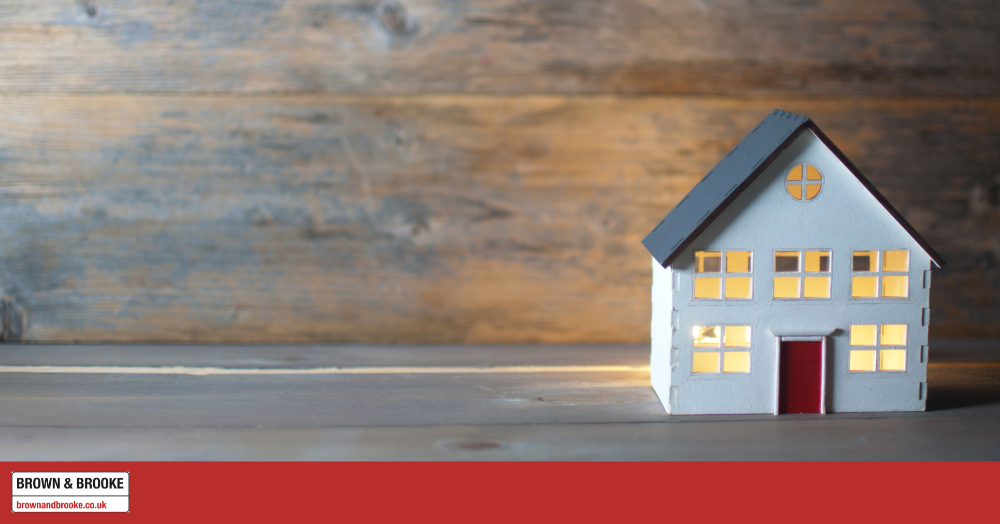Are you contemplating whether buying or renting a house in the is the best option for you? This decision is indeed a significant one that requires careful consideration.
Both buying and renting come with their own set of upsides and downsides that can influence your financial situation and lifestyle. In this blog, we will delve into the key points to help you determine whether buying or renting is the most suitable choice for your circumstances.
Advantages and Disadvantages of Buying a Home
Buying a house offers numerous benefits, such as building equity, stability, and the freedom to personalise your living space. When purchasing a property, you have the opportunity to invest in an asset that can appreciate over time, potentially increasing your wealth. Homeownership also provides a sense of security and belonging, as you establish roots in a community. On the downside, buying a house involves significant upfront costs like a deposit, conveyancing fees, and maintenance expenses. Additionally, the housing market fluctuations can impact the value of your property.
Advantages and Disadvantages of Renting a Home
Renting a house, on the other hand, grants flexibility and lower initial financial commitment. Renters have the freedom to move more easily, especially if their circumstances change, without the constraints of selling a property. Renting also eliminates the responsibility of bearing the costs of major repairs and maintenance, as these are typically the landlord's obligations. However, renting does not offer the opportunity to build equity, and rental payments do not contribute to ownership. Rent prices can also rise over time, affecting your monthly budget and long-term affordability.
Is it Cheaper to Rent or Buy?
When comparing the cost of renting versus buying, various factors need to be considered. In the short term, renting may seem more affordable due to the lower initial expenses and maintenance responsibilities. However, over time, buying can be more cost-effective, especially if the property appreciates in value. Mortgage payments may be comparable to or even lower than rental payments in certain areas, making homeownership a more attractive financial option in the long run. Furthermore, buying a house allows you to benefit from potential tax advantages and the security of owning a tangible asset.
Ultimately, the decision to buy or rent a house depends on your financial capabilities, future plans, and personal preferences. Assess your current situation, consider your long-term goals, and weigh the advantages and disadvantages of each option carefully before making a choice.
Whether you opt for homeownership or decide to rent, ensure that your housing decision aligns with your lifestyle and financial objectives for a secure and fulfilling living experience.
Get in touch with our team today to chat about your options so we can give you our expert advice.

